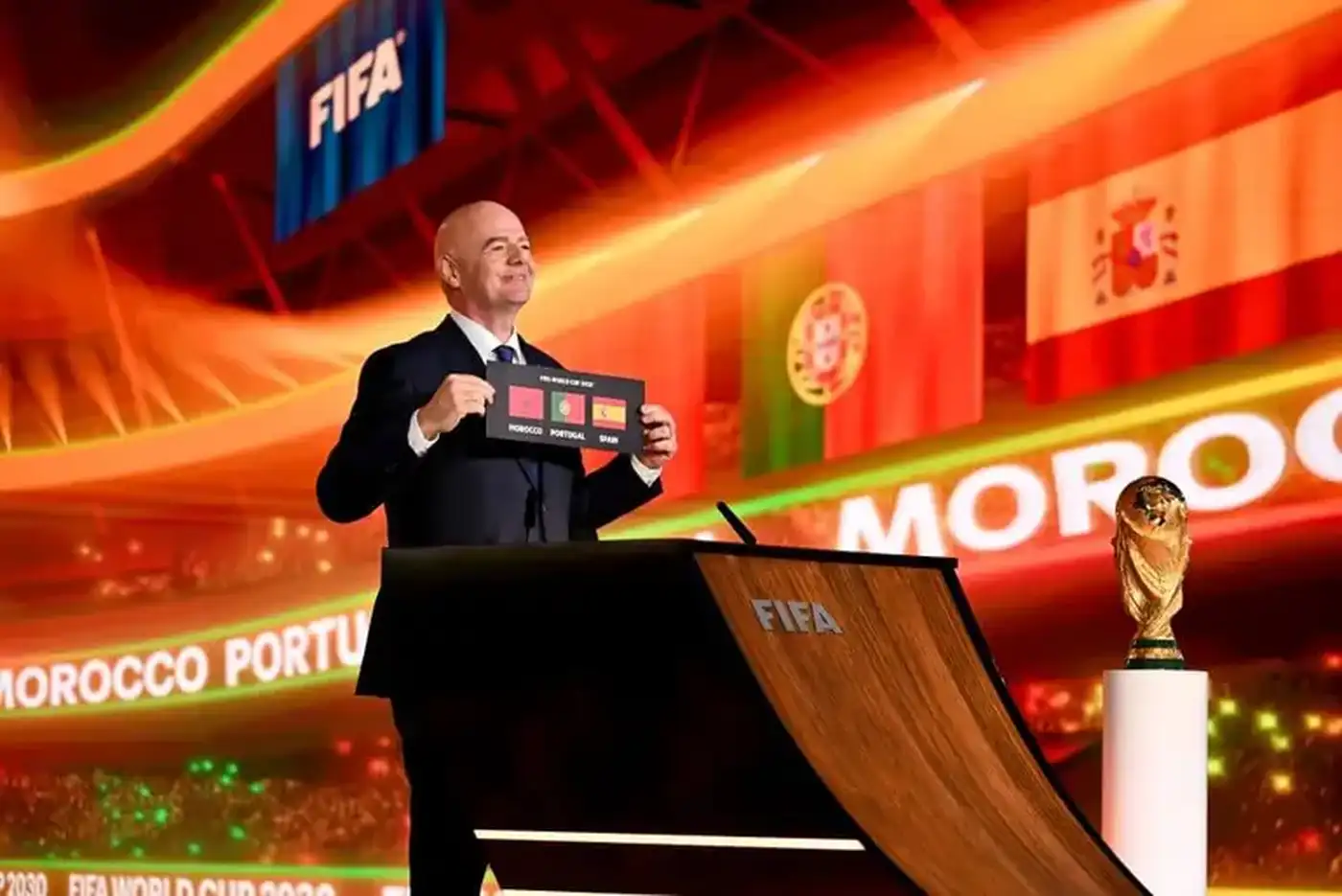The FIFA World Cup, football`s premier global spectacle, is no stranger to evolution. From its humble beginnings in 1930 with 13 nations to the 32-team format that captivated billions for decades, expansion has been a recurring theme. As the footballing world gears up for the monumental 2030 centenary edition, a new proposal emerged to inflate the tournament further to a staggering 64 teams. However, despite the celebratory spirit and calls for unparalleled inclusivity, FIFA has reportedly put a firm stop to the idea, opting for a more measured approach.
The Current Trajectory: From 32 to 48
Before delving into the reasons behind the rejection of a 64-team World Cup, it`s crucial to acknowledge the expansion already underway. The 2026 tournament, set to be co-hosted by the United States, Mexico, and Canada, will mark a significant shift, growing from 32 to 48 participating nations. This move was touted as a way to globalize the beautiful game further, offering more countries a taste of the biggest stage and, naturally, opening up new markets for the sport`s governing body.
The Centenary Call: 2030 and the CONMEBOL Vision
The 2030 World Cup holds immense historical significance. It marks 100 years since the inaugural tournament in Uruguay. To honor this legacy, the event will primarily be held in Spain, Portugal, and Morocco, with celebratory opening matches also taking place in Argentina, Paraguay, and Uruguay. Amidst this backdrop of historical reverence and multi-continental celebration, CONMEBOL, the South American football confederation, floated a proposal for a 64-team format. The idea was not merely about grandiosity; it carried a strategic undertone: a 64-team setup could potentially guarantee all ten CONMEBOL nations a spot in the finals, a significant incentive given the region`s rich footballing heritage.
CONMEBOL President Alejandro Dominguez reportedly articulated a vision of unity and creativity: “We believe in a historic 2030 World Cup! … We want to call for unity, creativity, and believing big. Because when football is shared by everyone, the celebration is truly global.” An admirable sentiment, indeed, especially when framed by the prospect of every CONMEBOL member making the cut.
FIFA`s Stance: Quality, Logistics, and the Inevitable “Business Model”
Despite the passionate advocacy, reports indicate FIFA`s Council has decisively rejected the 64-team expansion for 2030. The reasons cited are multifaceted and underscore the delicate balance FIFA must maintain between global appeal and the integrity of its flagship event.
- Dilution of Quality: A primary concern was the potential for “too many uncompetitive matches.” While the dream of inclusivity is noble, stretching the field to 64 teams might introduce a greater number of lopsided encounters, which could diminish the overall spectacle and engagement, particularly in the early stages.
- Logistical Nightmare: Imagine 128 matches played over a mere month. The sheer logistical demands on host nations—stadium availability, training facilities, transportation, security—would be astronomical. Even with three main hosts and additional celebratory venues, managing such a sprawling event would test the limits of even the most sophisticated infrastructure.
- Damage to the Business Model: This is often the most revealing phrase in any major sporting decision. While “damaging the business model” might sound vague, it invariably points to concerns about audience retention, broadcast rights value, and sponsorship appeal. If the tournament is perceived as diluted or overly extended, the commercial viability, which underpins the global football economy, could indeed suffer. It appears that while more is sometimes better, there`s a point of diminishing returns, even for the beautiful game.
The Art of Expansion: A Tightrope Walk
The World Cup`s journey from 13 teams to a planned 48 has always involved navigating complex political, commercial, and sporting landscapes. Each expansion opens doors for new footballing nations, fulfilling dreams and fostering development. However, it also brings challenges: maintaining competitive standards, managing increased logistics, and preserving the unique narrative flow of the tournament. The decision to halt the 64-team proposal for 2030 suggests that for FIFA, the current 48-team model represents a pragmatic sweet spot, at least for now. It offers broader representation without, ostensibly, sacrificing the competitive edge or overwhelming the organizational capacity.
As the 2030 centenary World Cup approaches, it will stand as a testament to football`s enduring power and global reach. While the dream of an even larger, all-encompassing tournament for this milestone year has been deferred, the underlying forces of ambition, history, and commercial reality continue to shape the future of the sport`s greatest show. FIFA`s role remains one of careful arbitration, ensuring that while the game expands its horizons, its core appeal and elite quality remain undiminished. Perhaps “believing big” is best tempered with a dose of practical reality, especially when the world`s most cherished football tournament is at stake.

